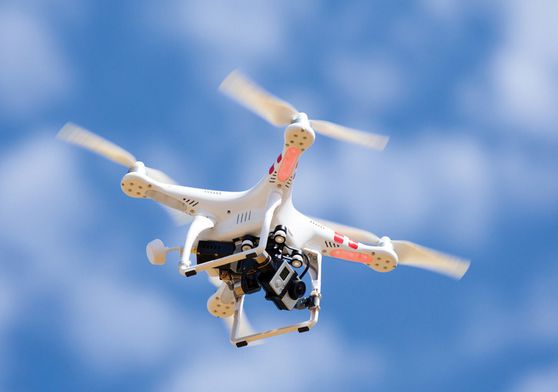The advent of war drones has ushered in a new era in modern warfare, revolutionizing military strategies and tactics across the globe. These unmanned aerial vehicles, equipped with cutting-edge technology and advanced weaponry, have drastically altered the battlefield dynamics, offering unprecedented advantages in terms of surveillance, precision strikes, and operational efficiency.
Understanding War Drones
Drones are essentially pilotless aircraft controlled remotely or autonomously, making them a crucial component in today’s military arsenal. These machines have become indispensable in various military operations, providing real-time intelligence and reconnaissance, which enhances the soldiers’ situational awareness. War drones can fly at high altitudes and reach locations that may be hazardous or inaccessible to human pilots, effectively reducing the risk to personnel.
Capabilities and Advancements
- Surveillance: Drones equipped with high-resolution cameras and sensors offer comprehensive surveillance capabilities, capturing detailed images and data from the field.
- Precision Strikes: Armed drones are capable of delivering precise and lethal force, targeting enemy installations with minimal collateral damage.
- Autonomy: Recent advancements have seen the development of AI technologies in drones, allowing for autonomous navigation and decision-making on the battlefield.

One of the most remarkable aspects of war drones is their versatility. From tactical reconnaissance to direct combat engagements, drones have proven their effectiveness in various scenarios. Moreover, with the continuous development in AI and robotics, these machines are increasingly able to operate independently, making complex decisions without human intervention.
The Ethical Debate
The deployment of war drones raises significant ethical questions that must be addressed. The ability to carry out strikes remotely distances operators from the immediate human cost of warfare, leading to debates concerning accountability in operations. Furthermore, there are concerns about the potential misuse of autonomous drones, which could result in unintended civilian casualties.
Global Impact
War drones have a profound impact not just on battlefield tactics, but on geopolitical strategies as well. Nations are investing heavily in drone technologies, seeking to gain a strategic edge in military capabilities. The proliferation of drones has sparked an arms race, compelling countries to develop counter-drone technologies to defend against possible threats.
Countermeasures
As drones become more prevalent, so do efforts to develop countermeasures. Anti-drone systems are being introduced, including jamming technologies and specialized anti-drone missiles. The goal is to neutralize the threats posed by enemy drones while minimizing impact on friendly systems.
Despite these challenges, the benefits that war drones bring are undeniable. Their operational efficiency, reduced risk to personnel, and strategic versatility make them a valuable asset in modern military operations. As technology continues to advance, the capabilities of these machines are only expected to grow, further changing the landscape of warfare.
FAQs
Q: How do war drones enhance military operations?
A: War drones offer enhanced reconnaissance capabilities, precise strike abilities, and can operate in environments unsuitable for human crews, thus providing strategic advantages in military missions.
Q: What are the ethical concerns associated with war drones?
A: There are debates about the distancing effect on operators causing potential accountability issues and concerns over accidental civilian casualties from their use.
Q: What measures are in place to counter war drones?
A: Various anti-drone technologies, such as jamming systems and dedicated missile systems, are being developed to protect against drone threats.